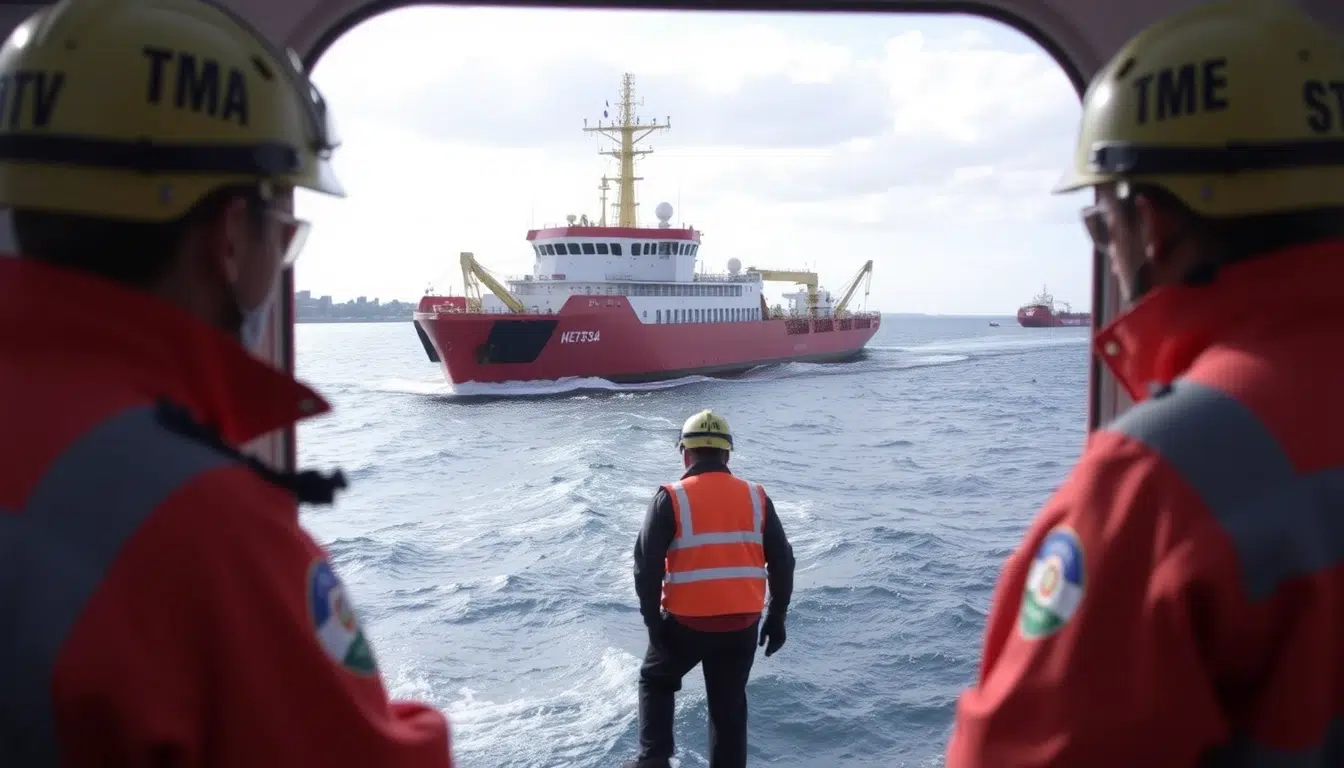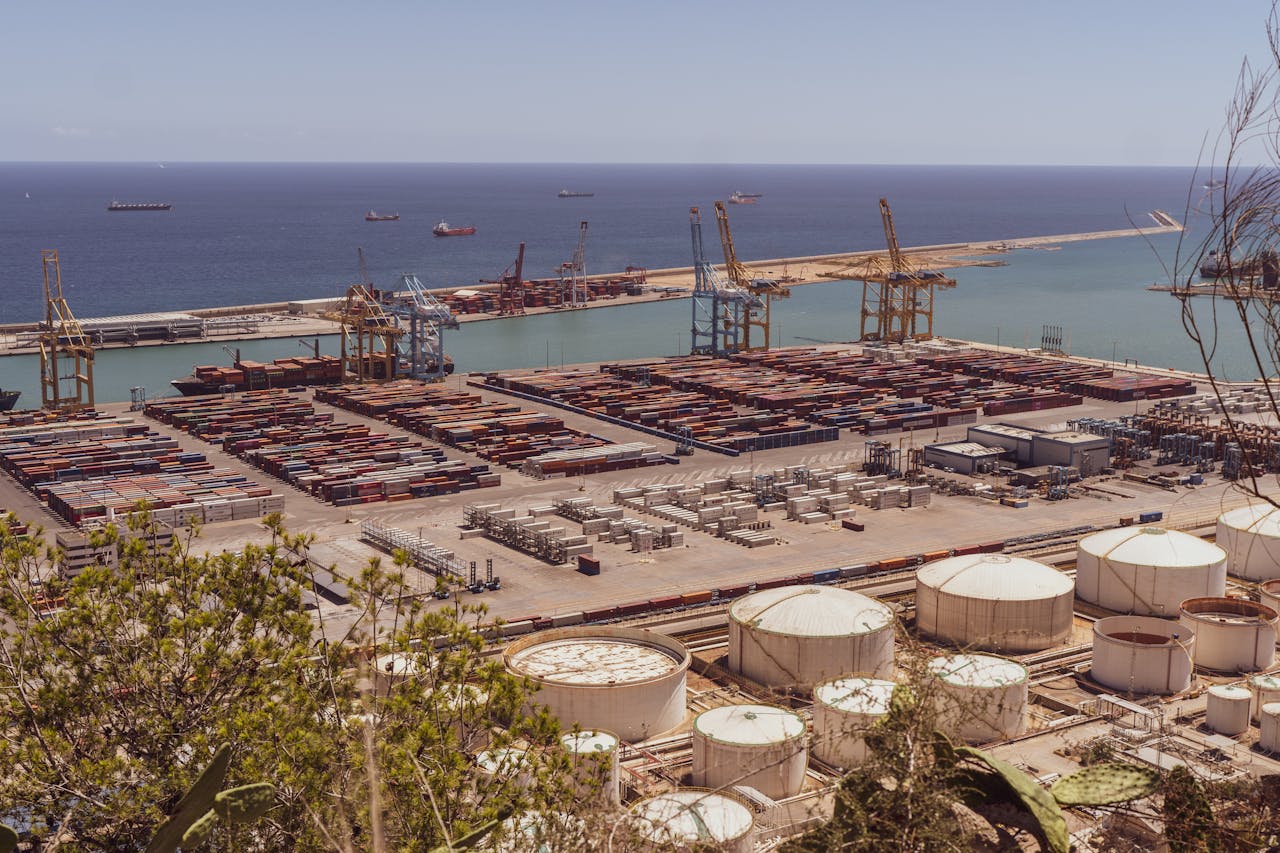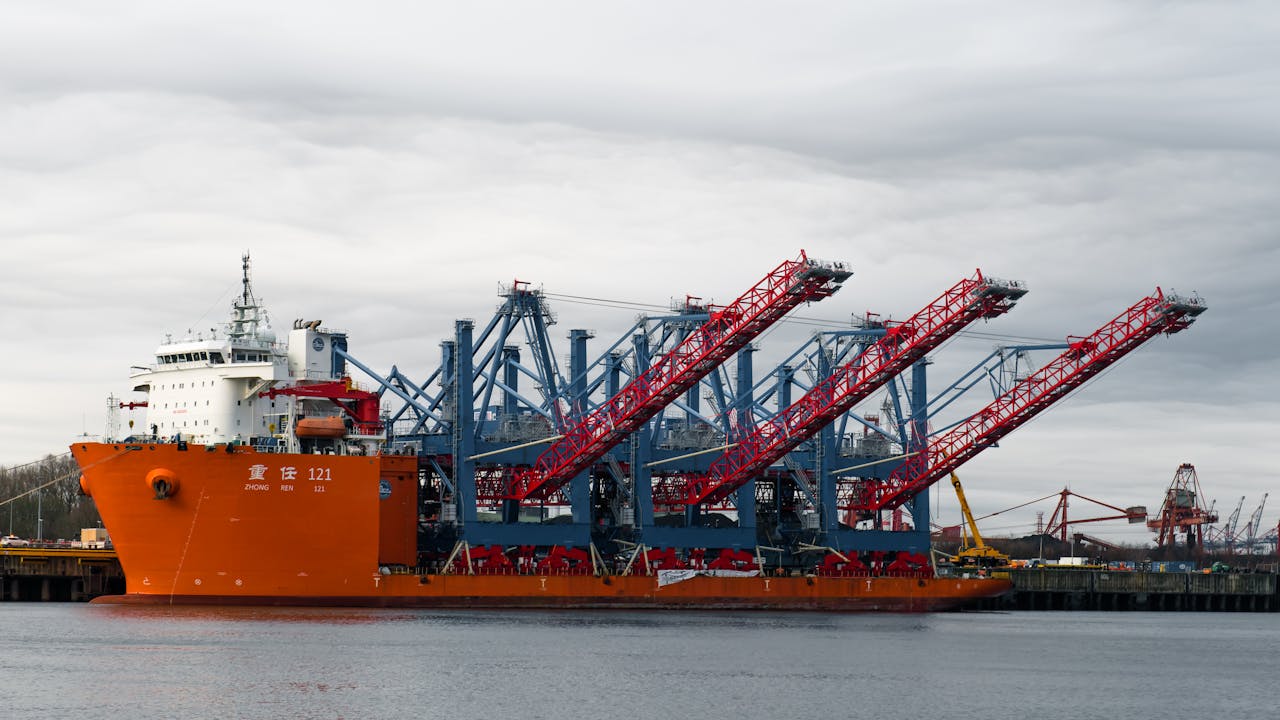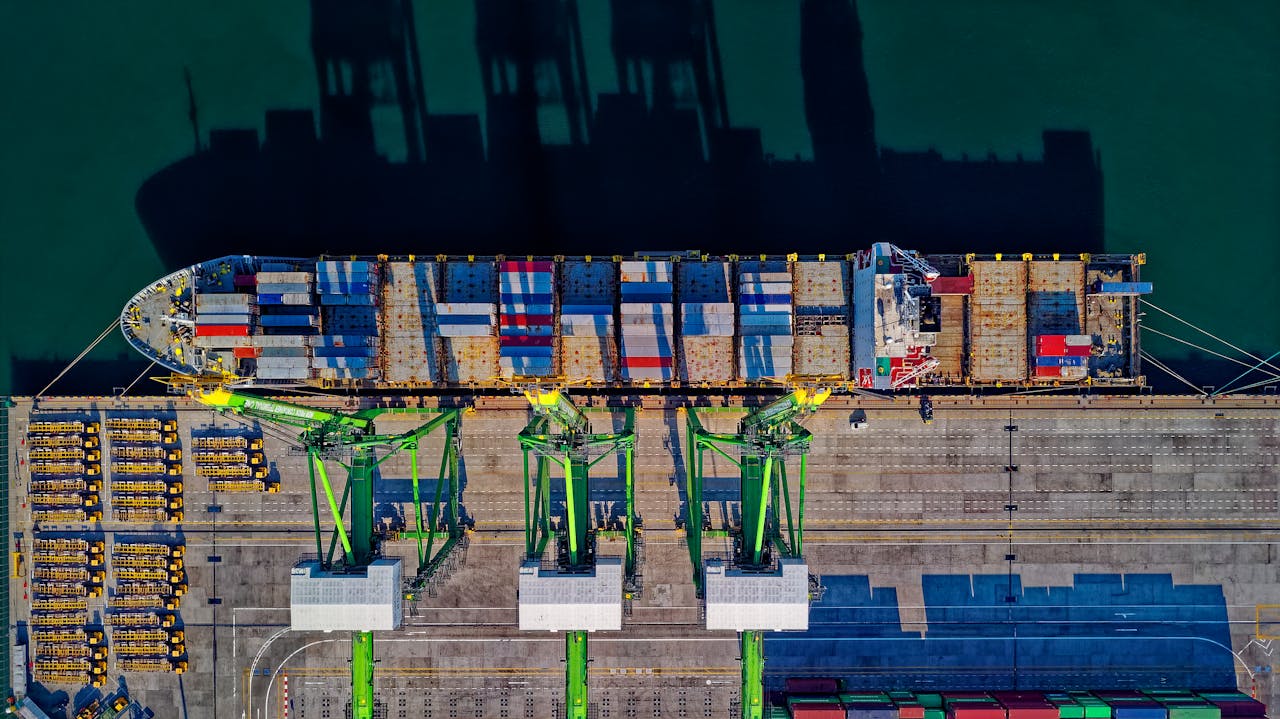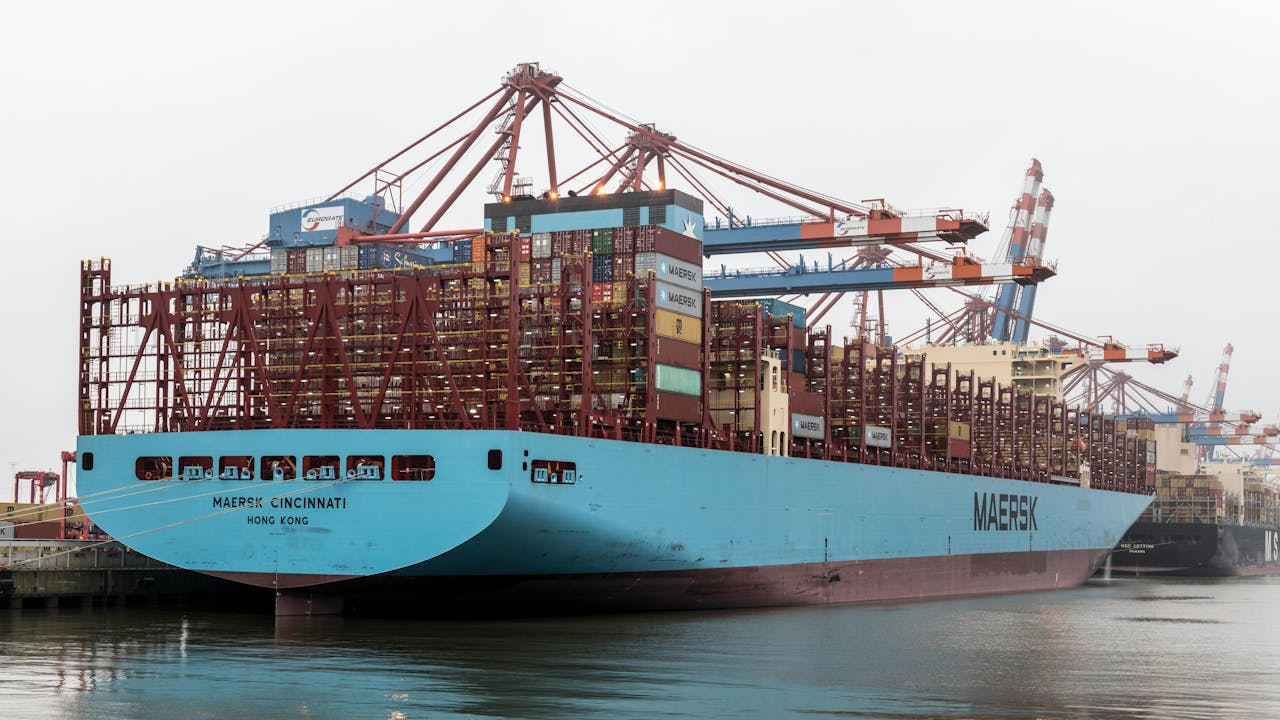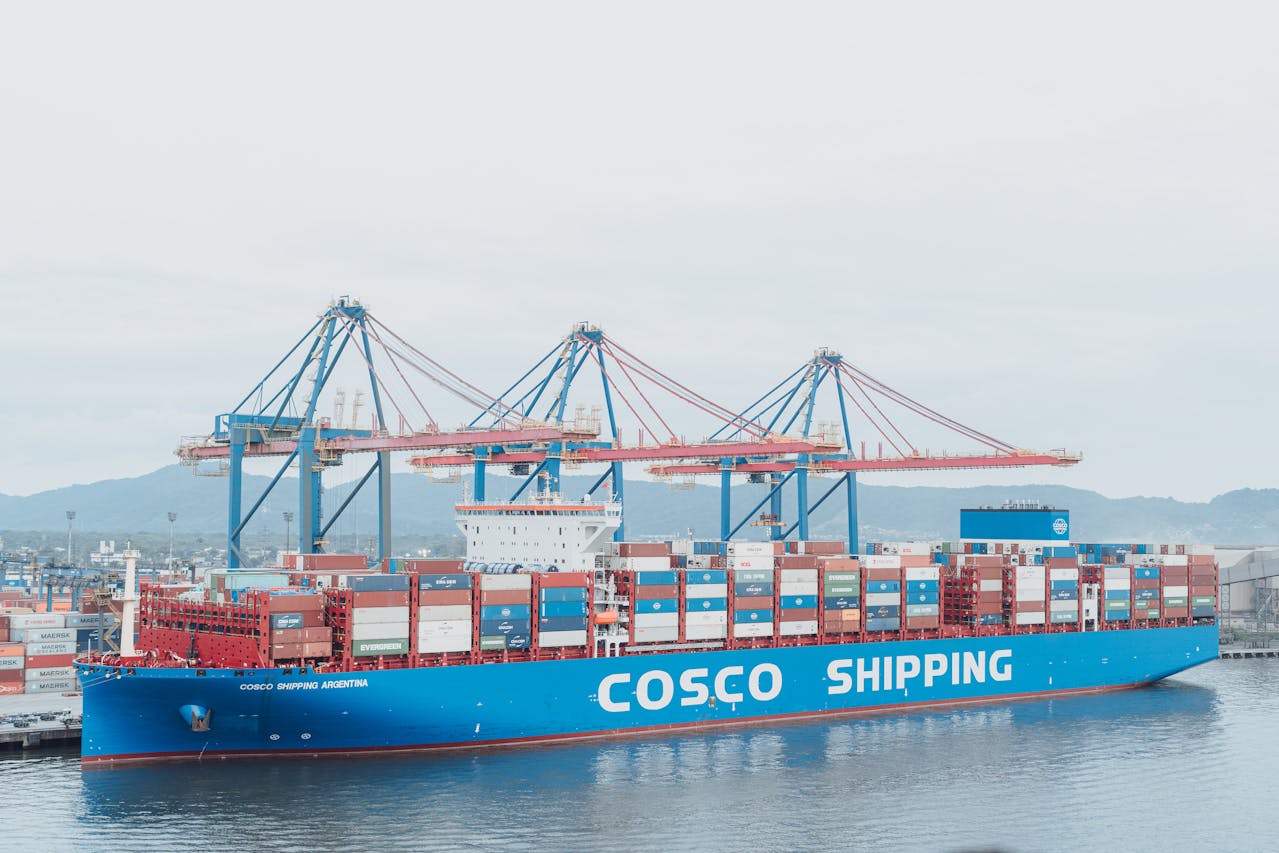Ship Management and Logistics Training Course
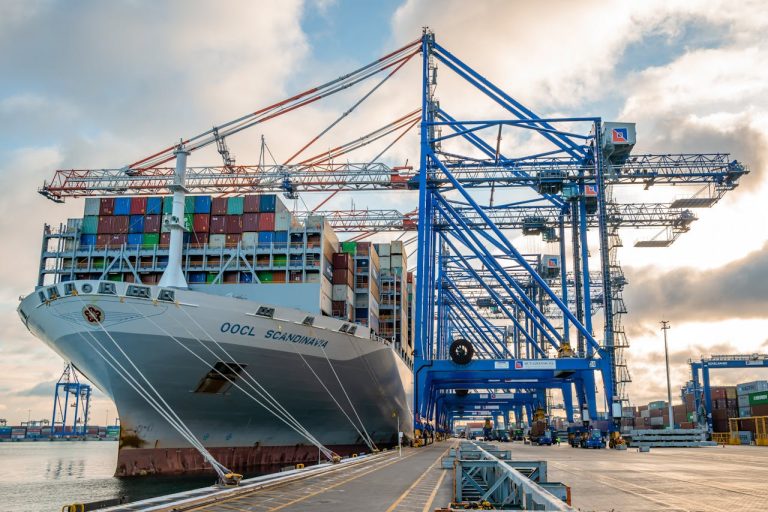
| No upcoming Schedule available for this course. | Register |
|---|---|
| Take control of your schedule! Choose your preferred dates and locations. click the register button. | Register |
| Date | Venue | Duration | Fees (USD) | Register |
|---|---|---|---|---|
| 17 Nov - 19 Nov, 2025 | Singapore | 3 Days | $5475 | Register → |
| 17 Dec - 19 Dec, 2025 | Kuala Lumpur | 3 Days | $4485 | Register → |
Did you know that effective ship management and logistics integration are crucial for enhancing operational efficiency, compliance with international standards, and strategic decision-making in maritime operations, with digitalization and smart shipping technologies transforming the industry by improving safety, sustainability, and competitiveness?
Course Overview
The Ship Management and Logistics Training Course by Alpha Learning Centre is meticulously designed to equip professionals with essential skills in ship management, logistics integration, and strategic decision-making. This course focuses on how professionals can effectively optimize ship management practices, enhance logistics integration, and develop skills in cost control and performance enhancement to ensure comprehensive operational excellence in modern maritime environments.
Why Select This Training Course?
Selecting this Ship Management and Logistics Training Course offers numerous advantages for professionals involved in maritime operations. Participants will gain advanced knowledge of advanced ship management, logistics integration, and strategic decision-making techniques. The course provides hands-on experience with industry-standard ship management simulations and real-world case studies, enabling attendees to optimise their ship operations strategies effectively.
For organisations, investing in this training enhances overall operational efficiency and ensures better alignment with global maritime standards. Research indicates that implementing comprehensive ship management frameworks results in enhanced ability to manage complex maritime operations and improve fleet performance. According to industry experts, effective ship management requires a strong understanding of operational efficiency, logistics integration, and strategic planning, with digitalization playing a key role in enhancing safety, sustainability, and competitiveness.
Professionals who complete this course can significantly enhance their career prospects by gaining specialized skills in ship management and logistics integration. This training enhances professional profiles by providing expertise in fleet efficiency, logistics coordination, and strategic decision-making, which are highly valued by employers in the maritime industry. Studies indicate that understanding ship management and logistics is crucial for career advancement, as it positions individuals as specialists in a high-demand field. By investing in this training, individuals can significantly enhance their career trajectory and personal development, positioning themselves as experts in ship management and logistics.
Transform your ship management capabilities – Register now for this critical advanced training programme!
Who Should Attend?
This Ship Management and Logistics Training Course is ideal for:
- Ship managers and fleet operation managers
- Logistics coordinators in maritime sectors
- Technical superintendents and marine surveyors
- Chartering executives and vessel operators
What are the Training Goals?
The objectives of this course are to enable professionals to:
- Optimize ship management practices for fleet efficiency
- Enhance logistics integration in maritime operations
- Develop skills in cost control and performance enhancement
- Ensure compliance with international shipping standards
- Improve strategic decision-making for vessel operations
How will this Training Course be Presented?
The Ship Management and Logistics Training Course delivers comprehensive, hands-on training through proven methodologies designed to maximise learning outcomes and practical skill development. Our expert instructors employ the following methods:
- Interactive ship management simulations
- Case studies on logistics and vessel management
- Workshops on operational efficiency and compliance
- Discussions on industry best practices
- Practical exercises in logistics planning
Each delivery method is carefully integrated to ensure participants gain both theoretical knowledge and practical experience. The course structure promotes active engagement and real-world application, allowing participants to develop crucial analytical and strategic skills within a supportive learning environment.
Join us to experience this dynamic and effective learning approach – Register now to secure your place!
Course Syllabus
Module 1: Advanced Ship Management
- Vessel types and their management requirements
- Crew management and competency standards
- Maintenance and dry-docking strategies
- Fleet performance monitoring and optimization
- Regulatory compliance in ship operations
Module 2: Logistics in Maritime Operations
- Integration of shipping into supply chain logistics
- Coordination with ports, terminals, and inland logistics
- Cargo planning and stowage optimization
- Just-in-time delivery in maritime context
- Managing logistics for special cargoes
Module 3: Commercial Ship Operations
- Chartering strategies and contract management
- Voyage planning for operational efficiency
- Bunker management and cost control
- Rate negotiations and freight market analysis
- Claims management and dispute resolution
Module 4: Technical Ship Management
- Vessel maintenance and repair scheduling
- Class and statutory surveys management
- Condition monitoring and predictive maintenance
- Managing shipboard systems and equipment
- Environmental compliance in technical operations
Module 5: Health, Safety, and Environmental Management
- Safety management systems for shipping
- Emergency preparedness and response
- Pollution prevention strategies
- Crew welfare and health regulations
- Compliance with MARPOL, SOLAS, and other conventions
Module 6: Financial Management for Shipping
- Budgeting and financial planning for fleets
- Cost analysis and reduction techniques
- Investment in new ships or fleet upgrades
- Managing insurance and risk in shipping
- Financial metrics for ship performance evaluation
Module 7: Crew Competence and Development
- Training and development programs for seafarers
- Managing multicultural teams on board
- Leadership development for ship officers
- Crew rotation and fatigue management
- Regulatory training requirements for crew
Module 8: Operational Efficiency and Performance
- Vessel utilization and turnaround optimization
- Speed and fuel consumption management
- Digital tools for ship operation efficiency
- Performance benchmarking with industry standards
- Lean practices in ship management
Module 9: Crisis Management and Business Continuity
- Developing crisis response for maritime incidents
- Business continuity planning for disruptions
- Communication strategies during crises
- Salvage and emergency towing arrangements
- Post-crisis recovery and operational reinstatement
Training Impact
The impact of ship management and logistics training is evident through various real-world case studies and data, which demonstrate the effectiveness of structured programmes in enhancing operational efficiency and logistics reliability.
Research indicates that professionals with strong ship management skills can significantly improve organisational outcomes. According to industry experts, companies that implement robust ship management systems experience tangible benefits including improved operational efficiency, reduced costs, and enhanced compliance with international maritime standards.
These case studies highlight the tangible benefits of implementing advanced ship management techniques:
- Improved operational efficiency through streamlined processes
- Enhanced logistics integration and supply chain reliability
- Increased competitiveness through strategic innovation and digitalization
- Strengthened compliance with global maritime standards
By investing in this advanced training, organisations can expect to see:
- Significant improvement in ship operational efficiency
- Improved ability to handle complex logistics challenges
- Enhanced decision-making capabilities through strategic insights
- Increased competitiveness through comprehensive ship management strategies
Transform your career and organisational performance – Enrol now to master Ship Management and Logistics!

